From July 1, 2024, the Law on Cooperatives 2023 officially takes effect, creating a favorable and open legal corridor for the development of collective economic organizations. To better understand the new points and the implementation of the Law for the collective economic sector in the province, Ninh Binh Newspaper reporters interviewed comrade Le Thi Tam, Chairwoman of the Provincial Cooperative Union on this issue.
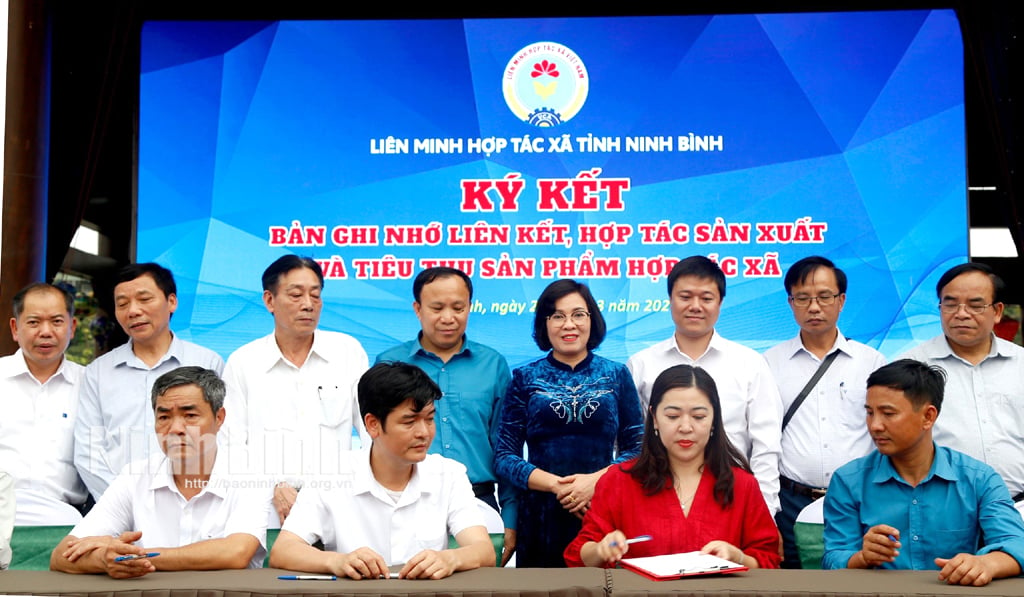
The provincial Cooperative Union signed a memorandum of understanding on cooperation in production and consumption of cooperative products. Photo: Minh Duong
Reporter: In recent times, Ninh Binh province has paid attention to and created favorable conditions for the development of the collective economy. Could you share more about this issue?
Comrade Le Thi Tam : Along with many Resolutions, guidelines and policies of the Central Government, Ninh Binh province has recently paid attention to the development of the collective economy. Since implementing Resolution No. 5 of the Central Committee (9th tenure) to Resolution No. 20 of the Party Central Committee (13th tenure) on innovation and improving the effectiveness of the collective economy, the province has urgently deployed and promulgated action programs to implement the Resolution, assigned the Provincial People's Council Party Delegation, the Provincial People's Committee Executive Committee, Party committees and organizations at all levels to direct the implementation of the Resolution, periodically every year, every 5 years, every 10 years, conducted a preliminary and final review of the Resolution; a preliminary and final review of the implementation of the 2012 Law on Cooperatives...
The Standing Committee of the Provincial Party Committee has issued a Circular directing the innovation, development and improvement of the effectiveness of the provincial cooperative economy, in which it directed the Party Executive Committee of the Provincial People's Committee, the Party Delegation of the Provincial People's Council, sectors and organizations to carry out very specific tasks such as: Strengthening state management of the cooperative economy, establishing the Steering Committee for the development of the cooperative economy at all levels, and allocating more staff to the Provincial Cooperative Union; The People's Committee has researched and concretized the policies of the Central Government by promulgating the Project on the development of the cooperative economy for the period 2015-2020, with a total budget support of nearly 25 billion VND and for the period 2021-2025 of nearly 60 billion VND to submit to the Provincial People's Council for approval; Pay attention to directing the removal of difficulties for cooperatives in terms of land, offices, training and fostering of staff, converting cooperatives according to the provisions of the Law on Cooperatives, building models of production cooperatives associated with value chains, promoting trade, digital transformation, increasing revolving funds for cooperative development, especially in the period of 2021-2025 through the policy and decision to establish the Cooperative Development Support Fund with a total budget support capital of more than 30 billion VND to date...
In addition, the policy to support the development of the collective economy is also integrated into the national target programs on new rural construction, poverty reduction, ethnic minorities, mountainous areas; supporting the development of agricultural economy, tourism, digital transformation... of the province. From the province's policies, every year, 15 to 20 cooperatives are supported to develop production, build models, support digital transformation, promote trade..., so the collective economy of the province has achieved many important results in recent times.
Up to now, the whole province has 516 cooperatives, 2 cooperative unions attracting more than 300 thousand members to participate, the average income of cooperatives in 2023 reached 160 million VND (3 times higher than in 2001), the average income of workers reached 55 million VND/person/year. The collective economic sector has contributed to the overall growth of the province, but more importantly, the activities of cooperatives have really had the effect of promoting the development of household economy, creating links and cooperation between members in cooperatives and between members and other small and medium-sized production and business establishments, contributing to increasing the output of agricultural, forestry, fishery and food products, effectively implementing national target programs on new rural construction, poverty reduction, etc.
Reporter : So, what are the new and outstanding points of the 2023 Cooperative Law and how will it impact the operations of cooperatives in the province, sir?
Comrade Le Thi Tam : The promulgated Law on Cooperatives 2023 has completed the regulations on the nature of cooperatives and member development with regulations on expanding the scope of cooperative participation, including official members, capital-contributing associate members and non-capital-contributing associate members; at the same time, it added the requirement to set aside an undivided common fund as a source of undivided common assets in accordance with the characteristics of the cooperative model to ensure the development of the undivided common fund and undivided common assets.
The Law has expanded the market, improved the ability to mobilize capital, and created development momentum for cooperatives when it stipulates the empowerment of cooperatives and cooperative unions to decide on the level of product and service supply to the outside after meeting the needs of members as well as diversifying the forms of capital mobilization from members. Perfecting and improving the effectiveness of cooperative governance and operation by adding regulations on auditing cooperatives and cooperative unions; diversifying the forms of organizational governance, promoting the application of digital technology in management and operation to suit the scale and level of cooperatives.
Developing collective economic organizations from low to high levels; consolidating and enhancing the role of representative organizations: supplementing regulations on cooperative groups and policies to support cooperative groups in converting into cooperatives; clearly defining the Vietnam Cooperative Alliance system as the core representative organization, protecting the interests of all cooperative groups, cooperatives, and cooperative unions nationwide.
Improve the effectiveness and efficiency of state management of the collective economy: simplify and digitize procedures for registration, reorganization and dissolution of cooperatives by supplementing regulations on building a national information system on cooperatives; fully institutionalize 8 policy groups of Resolution No. 20-NQ/TW to create motivation to promote the development of collective economic organizations, including: Human resource development, information, consulting; land; taxes, fees and charges; access to capital, insurance; application of science and technology, innovation and digital transformation; market access and research; investment in infrastructure and equipment development; support for financial consulting and risk assessment.
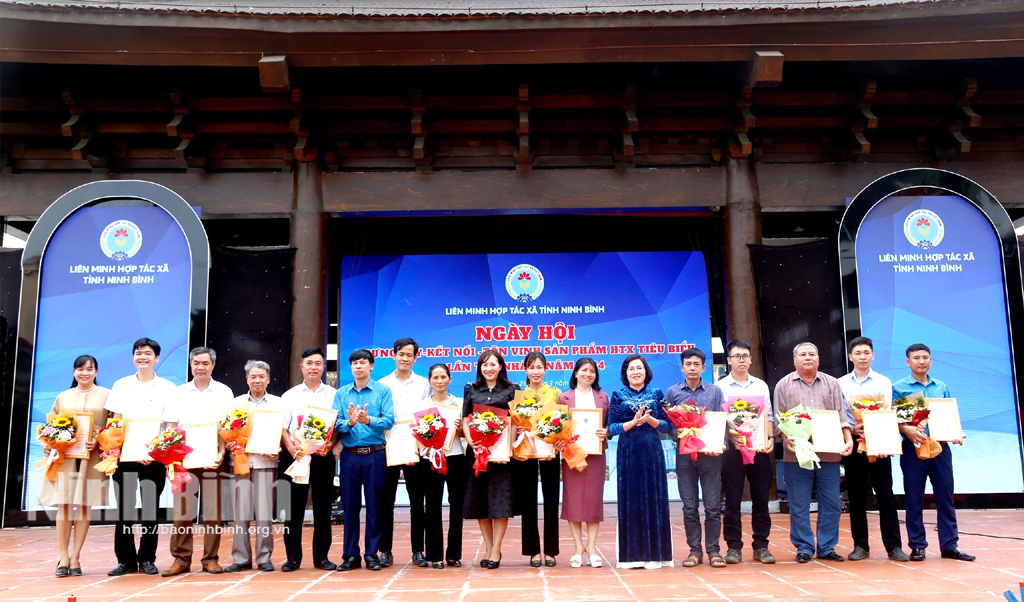
Reporter: Bringing the 2023 Cooperative Law into practice is a very important task in the coming time. How is the Provincial Cooperative Union implementing this work, sir?
Comrade Le Thi Tam : Bringing the 2023 Cooperative Law into life in general and applying it to the province's socio-economic development in particular is the responsibility of the entire political system, in which the Provincial Cooperative Union plays a particularly important role. With its responsibility, the Provincial Cooperative Union has been implementing a number of the following key tasks:
Develop, promulgate and organize the implementation of the Plan to widely disseminate the Law on Cooperatives in 2023 to the entire political system, all classes of people, especially the collective economic sector and cooperatives in the province . The dissemination is implemented synchronously through the following forms: Propagation through signing contracts to open columns and pages with Ninh Binh Newspaper, Provincial Radio and Television Station; propaganda on the agency's electronic information page; propaganda and dissemination through annual training courses; direct propaganda at member conferences, consultation conferences on the establishment of new cooperatives and cooperatives; propaganda through annual coordination programs between the Provincial Cooperative Union and the People's Committees of districts, cities and a number of departments, branches, and related socio-political organizations.
Advise the Provincial Steering Committee for Economic Development to direct and promote the role of Party committees, authorities, socio-political organizations, and socio-professional organizations in the province to disseminate and create conditions for effective implementation of the provisions of the Law in practice.
Study and understand the provisions of the Law and documents guiding the implementation of the Law; understand the practical development of the market economy in the province to promptly advise the province to issue policies and mechanisms to support and promote the development of the market economy in the province in accordance with the provisions of the Law; guide cooperative groups, cooperatives, and member cooperative unions to effectively implement the mechanisms and policies issued by the province; promote the role as the focal point for receiving and implementing the State's support policies to member units to ensure timeliness and effectiveness, contributing to promoting the development of the market economy in the province.
Reporter : Thank you very much, comrade!
Hong Nhung ( Performed)
Source: https://baoninhbinh.org.vn/luat-htx-nam-2023-tao-hanh-lang-phap-ly-giup-kinh-te-tap-the/d20240627183016289.htm




![[Photo] Prime Minister Pham Minh Chinh chairs a meeting of the Steering Committee for key projects in the transport sector.](https://vphoto.vietnam.vn/thumb/1200x675/vietnam/resource/IMAGE/2025/5/10/0f4a774f29ce4699b015316413a1d09e)

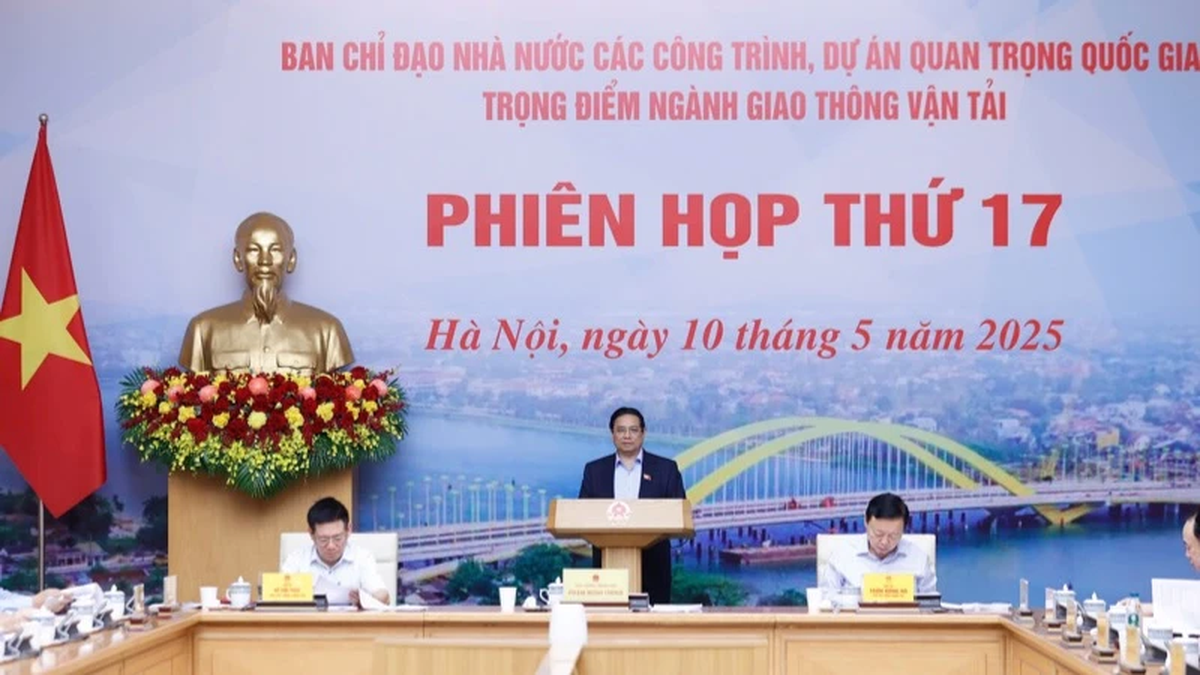

















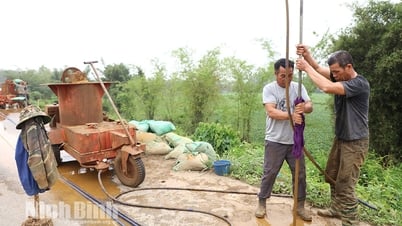
























































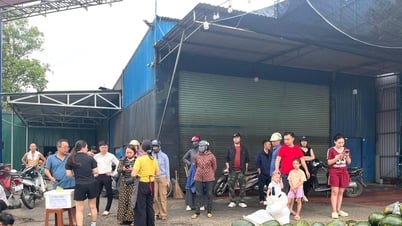



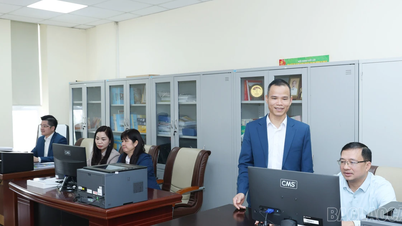

















Comment (0)